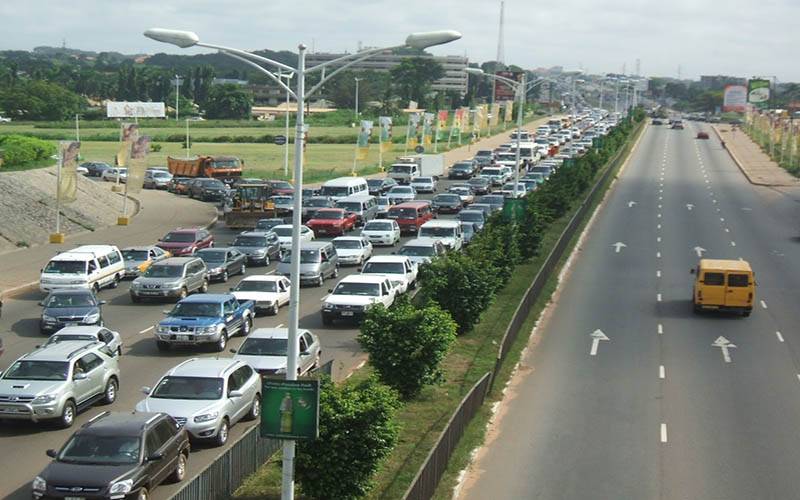
Long a site for transnational processes shaping urbanisation, from early colonial trade relations to post-independence nationalist developments, Accra has grown significantly over the last decades through migration processes, natural population growth, and the physical expansion of the city through conversion of communal (traditional or family held “stool”) lands into more densely urbanised areas. State expropriation of land for development in the post-independence era has opened up opportunities for extensive redevelopment for elite, diaspora and transnational commercial and residential uses but family-owned land and extensively squatted land remains in central, foreshore and well-located areas, which are now targeted for redevelopment. Combined with ambitious modernizing local and national regimes, the pressure for development is confronted with sometimes well-organised communities and protection of long-held family properties. Despite insecure and cumbersome procedures for regularising land title, formal private sector developers from across the globe have been active in all sectors , and Ghana is seen as an important market for future urban property investment.
Circuits:
- Private
Marine Drive Project. A major new development is planned on the central foreshore of Accra, until recently occupied by central government administration, informal agriculture, some commercial tourist activities (hotels and craft markets) and national and ceremonial monuments. International Ghanaian architect, David Adjaye Associates prepared the design, while early land preparation is being undertaken by a local firm in lieu of land to develop. National government controls the overall development through a new institution in the Ministry of Tourism, Arts and Culture, and anticipate a large number of potential private sector developers.
- Developmental
Cities Alliance and the Gates Foundation brought forward a major investment in infrastructure upgrading, services and institutional strengthening, across Ghana’s urban areas from 2011 with a significant focus on Accra. There has also been involvement of the local affiliates of the transnational community-led movement, Slum-Dwellers International and a World Bank concessional loan to deliver water and sewerage services.
- Sovereign
Potential case studies include Indian state financing of $60m (50% grant, 50% loan 1.75%) to construct a presidential palace (completed 2012) and possible additional financing for parliament buildings. Chinese sovereign financing for reconstructing the Jamestown fishing harbour, at the edge of the Marine Drive development.
 Close
Close

